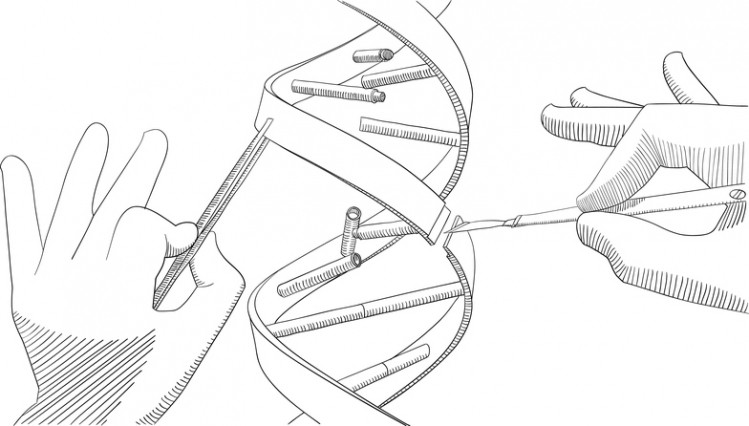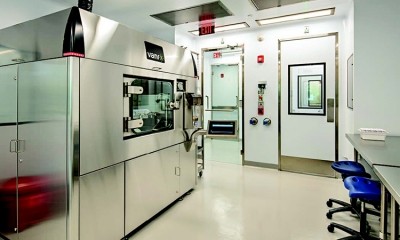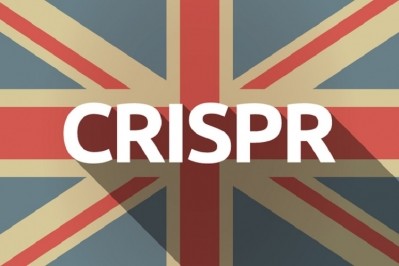Cellectis wins patents for CRISPR gene editing in T-cells

The two US issued patents – 9,855,297 and 9,890,393 – relate to methods for engineering T cells for immunotherapy by using RNA-guided CAS nuclease system using CRISPR gene editing technology.
“CRISPR is a gene editing tool. It allows the engineering of the T cells, like any other gene editing tool, in order to add or delete a specific characteristic in T-cell genome,” a spokesperson from the French cell therapy firm told this publication.
“It's an easy-to-use and cheap tool that is very convenient for research purpose.”
The firm plans to make the newly granted patents available for licensing to companies that want either to use CRISPR technologies for engineering allogeneic chimeric antigen receptor (CAR) T-cells while suppressing genes involved in checkpoint inhibitions, or to insert a DNA CAR construct by gene targeting a specific locus in the genome of T-cells.
“Cellectis is a gene editing company. We’ve been in this field for 18 years. These patents demonstrate once again our expertise and know-how when it comes to gene editing.”
CAR T-cell candidates
As well as Cellectis, a number of other biopharma firms – including Editas and Intellia – use CRISPR/Cas9 for research purposes.
But for developing its T-cell therapies the firm uses the Talen gene editing tool, which it told us is “more mature, precise and safe for therapeutic applications.”
The firm also commented that its CAR T-cell candidates – such as UCART123 for acute myeloid leukemia (AML) – are based on universal, or allogeneic, T-cells, unlike the two commercial therapies: Novartis’ Kymriah (tisagenlecleucel) and Kite’s Yescarta (axicabtagene ciloleucel).
“Novartis and Kite don't use gene editing because their CAR T therapies are not allogeneic but autologous. They extract the T-cells from a patient, add the Chimeric Antigen Receptor that will allow the T-cells to recognize cancer cells and they re-inject the T-cells into the patient's blood stream.”











